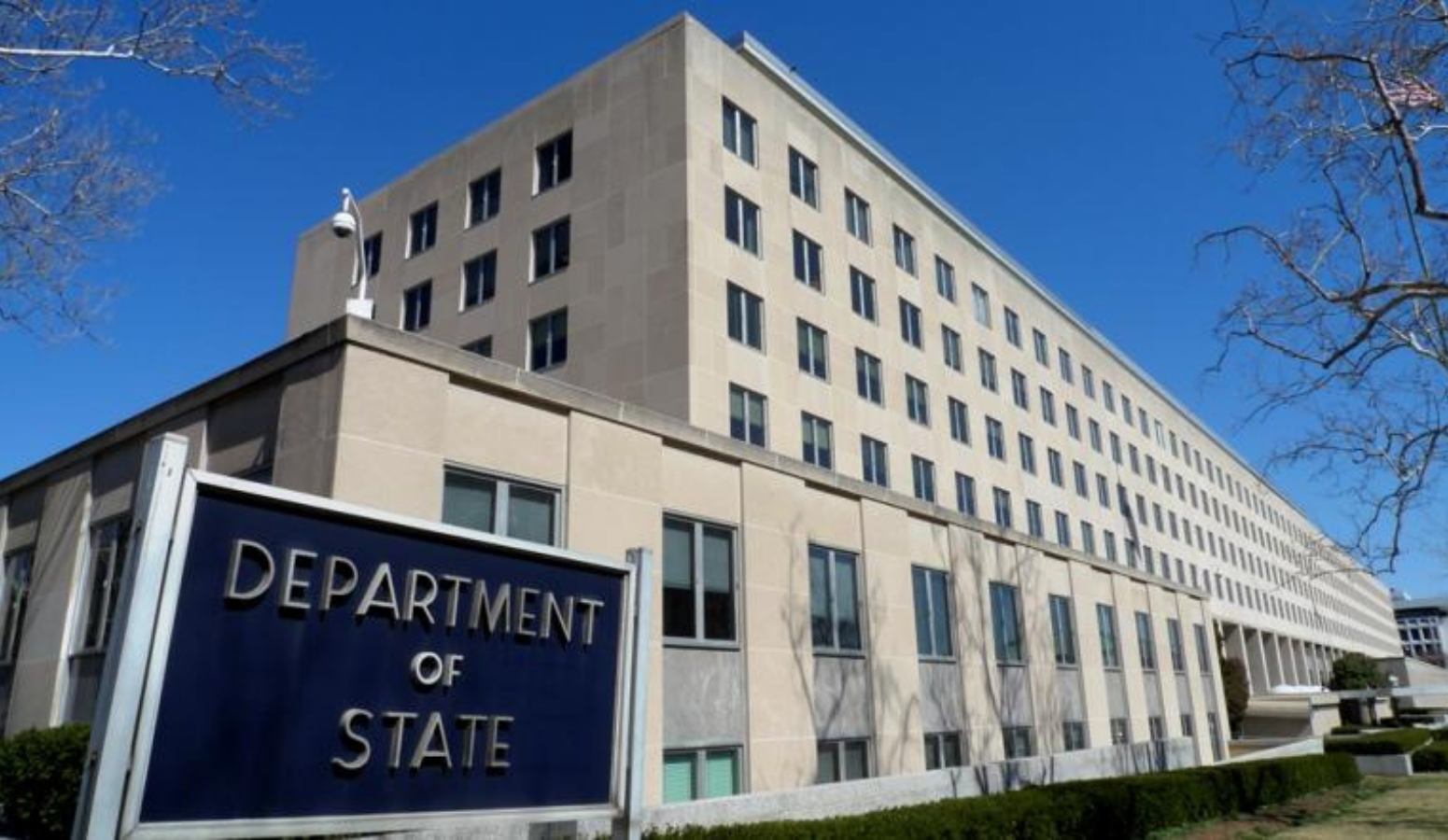The United States is watching with keen interest developments in Solomon Islands and Vanuatu on reported plans to develop their own defence forces.
“It sounds like they’re in preliminary discussions regarding Solomon Islands’ interest in developing defense forces. And I guess I would observe as a traditional security partner and we welcome Australia’s interest and involvement in supporting Solomon Islands and – as they go through that process, said a senior U.S State Department official in a press briefing today.
While the U.S does not want to interfere, the world’s most powerful nation hopes for some level of transparency in the security arrangements of these Pacific nations.
“I think generally speaking, when we look at the U.S engagement in the Pacific, especially in the security realm, we very much believe in transparency in those efforts, and certainly endeavour to be transparent about our own security relationships – most recently, with the Defense Cooperation Agreement that Secretary Blinken signed in Papua New Guinea a short while ago with that country.
“We would hope that Solomon Islands and other Pacific Island countries follow that level of transparency in their own security arrangements, said the U.S State Department official.
This week, Australia’s Defence Minister Richard Marles publicly revealed that Solomon Islands and Vanuatu were interested in setting up their own defence forces. Only three other Pacific Island Countries have established militaries – Fiji, Papua New Guinea and Tonga.
The U.S State Department official also addressed a question on whether the decision to set up a diplomatic mission in Tonga was to bolster ties and counter China’s influence.
“Our embassy is not being set up to counter China. Clearly…the strategic competition is an aspect, a reality in the region. But we are setting up an embassy to reflect our strong ties with Tonga and, frankly, our desire to be engaged in places like Tonga, in places like Solomon Islands, and in other countries on the ground.
“We’re starting off with a small team. We already have people on the ground, temporary duty officers, but we will have our first directly assigned officer on the ground in a few short weeks. And the intention is to also have an ambassador accredited directly to and resident in Tonga, said the senior U.S State Department official.
He said the U.S will grow its presence in Tonga – responding to the question that China has a bigger mission with more staff on the ground.
“I don’t want to speculate where that will end, but I can guarantee you it will not be based on the size of the People’s Republic of China (PRC) embassy in Tonga as a measuring stick. We want to be on the ground to improve the contacts, the lines of communication, the cultural ties with the people of Tonga; explore ways that we can deepen our cooperation. Tonga is one of three countries in the Pacific that has a military. And so that mil-mil cooperation has been important and will certainly continue and go forward.”
The U.S Secretary of State, Antony Blinken will be in Nuku’alofa on Wednesday next week in a three nation trip that includes high level engagements in New Zealand and Australia.
“As we announced this morning, the Secretary will travel to Nuku’alofa, Tonga to dedicate the new U.S embassy and advance key discussions with our Tongan partners. He will continue on to New Zealand to hold important discussions on chair priorities with senior government partners and, of course, cheer on the U.S. Women’s National Team at the FIFA World – Women’s World Cup. Australia is going to be the last leg of his visit to the region. In Brisbane he will join Secretary of Defence Lloyd Austin, Australian Deputy Prime Minister and Minister for Defence Richard Marles, and Australian Foreign Minister Penny Wong for the 33rd annual Australia-U.S Ministerial Consultations, otherwise known as AUSMIN.
“The Pacific region remains an enduring foreign policy priority for the United States. We have a deep and longstanding ties to the countries of the Pacific, which aren’t just our neighbours but also our friends, said the State Department official.
The administration’s Indo-Pacific Strategy is the guiding policy laying out what it calls the U.S shared vision for a region that is free and open, more connected, prosperous, secure, and resilient.
“And the U.S-Pacific Partnership highlights the important role of the Pacific Islands. We’re delivering on our promises and stepping up engagement in Tonga and the Pacific at large, according to the official.
Secretary Blinken announced the Indo-Pacific Strategy in Fiji less than 18 months ago and leads the U.S engagement with the region that the U.S says will shape the trajectory of the world in the 21st Century.
Secretary Blinken is the first Secretary of State to visit Tonga, and this is the Secretary’s third trip to a Pacific Island country, and his 12th trip to the Indo-Pacific region.
“Our partnerships and alliances in the region have never been stronger. Secretary Blinken’s trip to New Zealand – the first by a U.S Secretary of State since 2017, demonstrates our commitment to working with New Zealand as a close partner to advance our shared vision of a free and open Indo-Pacific. In Australia, the Secretary will continue to deepen our alliance, enhancing our ability to address regional and global challenges, revealed in the U.S State Department media briefing.
SOURCE: PACNEWS














